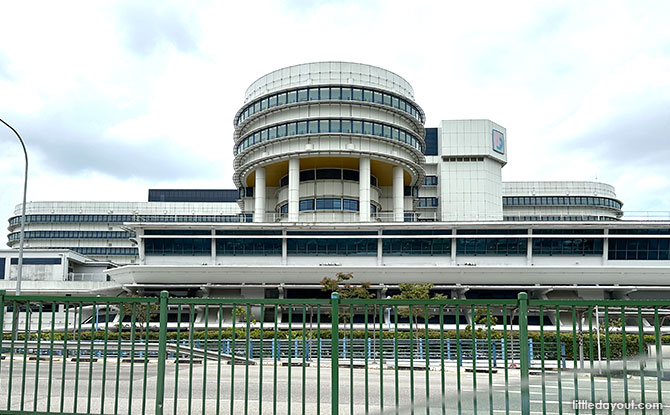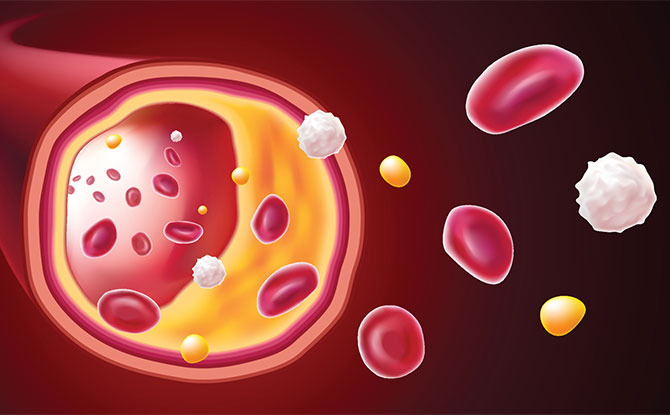
KK Women’s and Children’s Hospital (KKH) has opened the KKH Children’s Lipid Centre (Centre), Singapore’s first dedicated clinic for the management of familial hypercholesterolemia (FH) in children.
What is Familial Hypercholesterolemia?
FH is a genetic condition that affects 1 in 140 in Singapore or over 35,000 persons. 90 per cent of those who suffer from FH remain undiagnosed or undertreated. Amongst these numbers are 4,000 children and adolescents.
FH is an inherited disorder. It is the result of mutations in genes involved in the metabolism of cholesterol.
FREE FOR LITTLE DAY OUT PARENTS: Sign Up for a Free Trial with ACT 3 Academy to Find Out If Drama Classes are Right for Your Child
Easter Egg Hunts: Fun For Kids & Families
A child with FH is born with dyslipidemia which is characterised by very high levels of low-density lipoprotein cholesterol (LDL-C), commonly known as ‘bad cholesterol’.
This leads to the development of atherosclerosis, a buildup of fatty deposits that causes blockages and narrowing of the blood vessels, and subsequently, cardiovascular diseases.
KKH Children’s Lipid Centre, Singapore’s First Dedicated Clinic for Management of Familial Hypercholesterolemia in Children
KKH Children’s Lipid Centre is Singapore’s first dedicated clinic for the management of familial hypercholesterolemia in children. It is part of the Metabolic Health Programme under the KKH-led SingHealth Duke-NUS Maternal and Child Health Research Institute.
Professor Fabian Yap, Deputy Director, MCHRI, and Head and Senior Consultant, Endocrinology Service, KKH said, “Unlike Familial hypercholesterolemia (FH) in adults which can be managed by statins and lipid-lowering drugs, FH in childhood can manifest more severely, and require targeted diagnosis and aggressive treatment. Of greater concern is the fact that FH in childhood can also be insidious and stay silent until cholesterol levels are actually measured. Being genetic, FH cannot be addressed by dietary and lifestyle changes alone.”
Children with untreated FH usually present with LDL-C levels of over 4.1 mmol/L, and can remain asymptomatic while the silent effects of heart complications from impaired blood vessel linings build up over time.
The optimal LDL-C for children aged two to 18 years is less than 3.5 mmol/L.
Managing Affected Children and Identifying and Treated Affected Parents
Early detection of FH in childhood can benefit children and family members
To manage children diagnosed with FH, the KKH Children’s Lipid Centre will focus on individual characteristics and genomics to administer tailored therapy, at the right time, for each affected child.
Importantly, a child’s diagnosis can often lead to identifying and treating an affected parent or family members.
“Individuals with FH are potential time bombs, unaware of their condition until it manifests into serious health issues. For those affected by dyslipidemia, this can be addressed with early screening and intervention. These are also the first steps toward realising a future of a population free from cardiovascular disease,” said Professor Yap.
The KKH Children’s Lipid Centre is expected to screen and manage around 120 children annually. To make an appointment for screening, visit the Request for Child Lipid Clinic Appointment page.


















